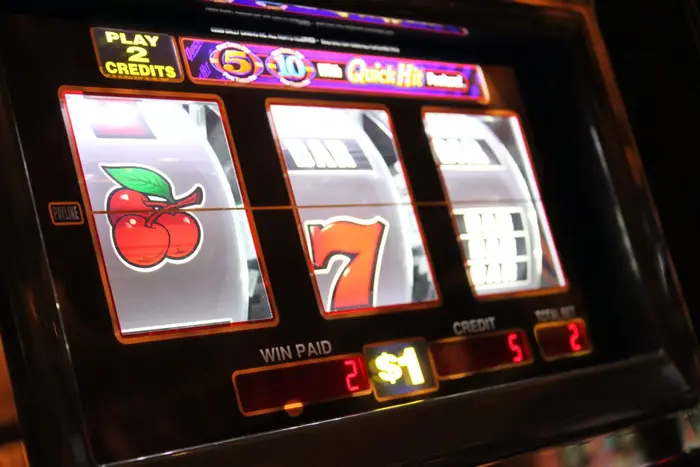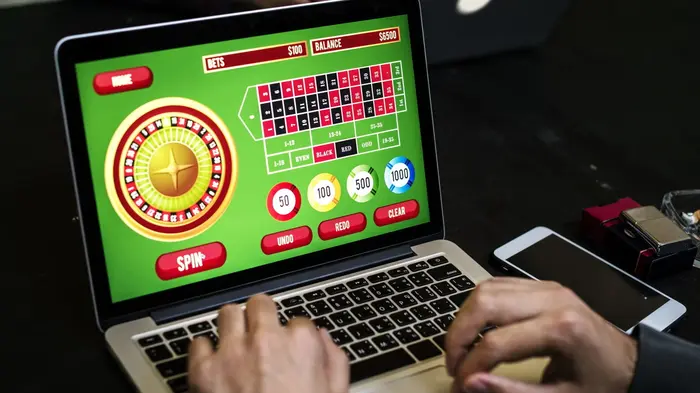Gambling in Ireland, a blend of tradition and modernity, has long been a popular pastime, captivating a wide spectrum of enthusiasts. This allure is not only rooted in the games themselves but also in the evolving landscape of payment methods that have accompanied the industry’s growth.
Over the years, Ireland’s gambling scene has transitioned significantly, moving from the tangible exchange of cash and checks to the swift, digital era of online transactions.
This shift mirrors a global trend towards digitalization, redefining convenience and security in financial dealings within the gambling sector. Today, the array of payment methods available to Irish gamblers is more diverse and sophisticated than ever, ranging from classic card payments to innovative digital wallets and cryptocurrencies.
This article aims to explore this dynamic domain, shedding light on the most prevalent payment methods in Ireland’s gambling world, and exploring how they cater to the needs of the modern gambler.
Traditional Payment Methods
Traditional payment methods such as cash and bank transfers have long stood as the bedrock of financial transactions. Cash, with its tangibility and immediacy, has been a steadfast choice for many, providing a sense of control and simplicity in wagering.
Bank transfers, on the other hand, have offered a more structured approach, allowing larger and more secure transactions. Historically, these methods gained favor for their straightforwardness and the familiarity they offered to users wary of technological complexities.
Today, while still in use, their popularity is waning in the face of more agile and secure digital alternatives. The primary limitations of these traditional methods lie in their slower processing times and the heightened security risks associated with carrying physical cash. Despite these drawbacks, they continue to serve a segment of the gambling community, often preferred for their directness and absence of digital footprints.
Credit and Debit Cards
Credit and debit cards, especially from major brands like Visa and Mastercard, have been key payment methods in Ireland’s gambling industry, appreciated for their convenience and broad acceptance. However, recent shifts towards responsible gambling have led to significant changes. The Irish Bookmakers Association (IBA) introduced a set of commitments for safer gambling, including an industry-wide ban on credit card usage both online and in retail outlets. This initiative, part of a broader effort to combat problem gambling, was supported by major Irish bookmakers.
Despite these measures, the enforcement of the credit card ban faced challenges. Investigations revealed that some operators continued to accept credit card bets indirectly through third-party payment apps like Revolut, Google Pay, and Apple Pay, due to difficulties in distinguishing between debit and credit card payments made via these platforms.
These developments reflect a growing awareness and concern about the risks of problem gambling. The move away from credit card usage in gambling signifies a shift towards more responsible gambling practices, aiming to prevent bettors from gambling with funds they cannot afford to lose.
E-Wallets
On Irish online casino sites, e-wallets like PayPal, Skrill, and Neteller have surged in popularity due to their enhanced security, speed, and convenience. These digital wallets allow users to make deposits and withdrawals without directly sharing their banking details with gambling sites, thus offering an added layer of security against potential financial data breaches.
E-wallets stand out for their quick processing times. Now that we found real money casino list, deposits can be almost instantaneous, allowing gamblers to engage in gaming activities without delay. When it comes to withdrawals, e-wallets are significantly faster than traditional banking methods, often completing transactions within a few hours, whereas bank transfers or credit card withdrawals can take several days.
The convenience offered by e-wallets is also a major draw. They are widely accepted by a vast array of online gambling sites in Ireland, enabling users to transact on various platforms with ease. Additionally, e-wallets provide the flexibility of making multiple payments and transferring funds globally, which is beneficial for users who access international gambling platforms.
Despite these advantages, it’s important to note that e-wallets may incur transaction fees for certain operations, although signing up and maintaining an e-wallet account is generally free of charge. The balance e-wallets strike between security, speed, and convenience makes them a favored choice in the Irish online gambling market.
Cryptocurrencies
Cryptocurrencies, particularly Bitcoin, Ethereum, and Litecoin, are gaining traction in Ireland’s online gambling sector. This surge in popularity is partly due to the unique advantages that cryptocurrencies offer, such as increased security and anonymity.
The decentralized nature of blockchain technology, which underpins these digital currencies, ensures enhanced security and gives players ownership of their in-game assets. Additionally, the potential for earning digital currency while playing is particularly appealing to Irish players.
However, this new trend also presents challenges. The complexity of developing crypto games and the need to understand cryptocurrency and blockchain can be deterrents. Furthermore, the volatile nature of cryptocurrencies can be a concern for some players.
Despite these challenges, the Irish gambling community’s growing interest in cryptocurrencies and crypto games indicates a significant shift in the online gambling landscape, blending technology with traditional gaming practices.
Mobile Payments
The use of mobile payment services like Apple Pay and Google Pay in the Irish gambling sector reflects the broader trend of mobile gambling’s growth in the country. Mobile gambling in Ireland has seen a significant increase, with the mobile segment’s revenue estimated to be €25.2 billion.
This trend is most pronounced in sports betting, which accounts for 66% of the market, followed by online casinos at 27% and the lottery industry at 7%. The mobile gambling segment in Ireland shows a persistent tendency to increase, emphasizing the growing preference for mobile device usage in online betting and casino activities. In March 2020, around 70% of all online bets were made from mobile devices, highlighting the shift towards mobile gambling.
Conclusion
In Irish gambling, traditional methods like cash and bank transfers have given way to more advanced options such as credit/debit cards, e-wallets, cryptocurrencies, and mobile payments. These methods offer greater convenience, security, and speed, aligning with the digital evolution of gambling.
Looking ahead, the continued integration of technology will likely further enhance payment security and efficiency, potentially introducing more innovative solutions like biometric payments and further blockchain applications.


